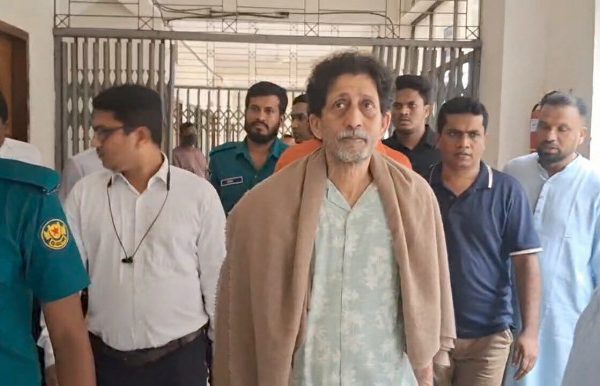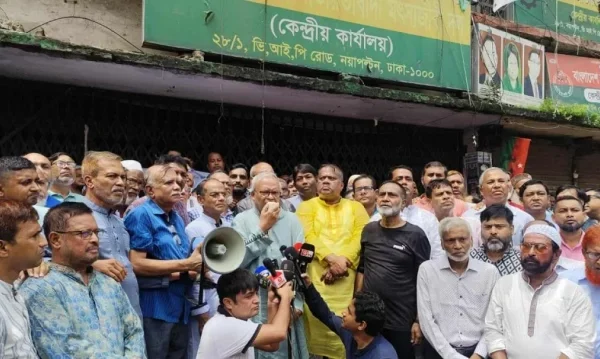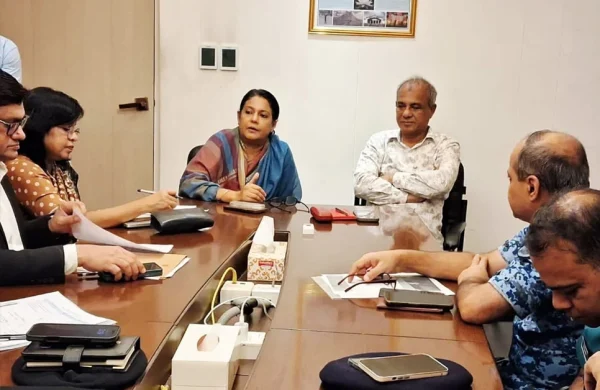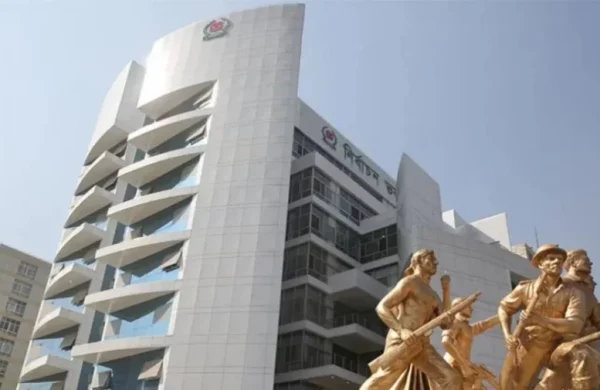Administration cadre officials protest over promotion quota recommendation
- Update Time : Wednesday, December 25, 2024
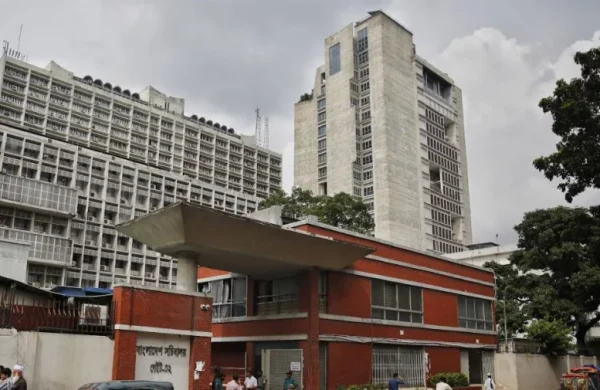
TDS Desk
Officials of the administration cadre have criticized the Public Administration Reform Commission’s recommendation to allocate 50% of deputy secretary-level promotions to administration cadre officers and the remaining 50% to other cadres.
They deem the recommendation discriminatory, conspiratorial, and unreasonable.
Former and current officers of the administration cadre held a protest meeting at the Biam Foundation Auditorium in the capital on Wednesday.
The gathering was attended by a significant number of administrative cadre officials and was convened by the Bangladesh Administrative Service Association and BCS (Administration) Kalyan Bahumukhi Samabay Samity Limited.
They voiced concerns over a perceived “deep conspiracy to destabilize the country by diverting public administration reforms to different sectors.”
Earlier, on Sunday, a large gathering of administration cadre officials was held at the Secretariat, spotlighting inter-cadre tensions. Many administration cadre officials argue that implementing the proposed reforms would reduce their promotion quotas, prompting anger and public protests.
In response, officers from 25 other cadres staged an hour-long “pen break” on Tuesday to demand equality in promotions and postings. They also announced a human chain protest to be held on Thursday.
The “pen break” program reflects dissatisfaction among non-administration cadres, who argue for equal opportunities and cancellation of the proposed quota system. Their demands include ensuring cadre-specific responsibilities in policymaking positions, such as secretarial posts, and promoting a merit-based system for deputy secretary-level positions.
Mohammad Mofizur Rahman, coordinator of the Inter-Cadre Discrimination Elimination Council, said that if their demands are not met, they will hold a rally in Dhaka on January 4 to escalate their movement.
The administration cadre’s Sunday gathering was a significant show of strength at the Secretariat, underscoring demands to reserve all administrative posts exclusively for administration cadre officers. This stance contrasts sharply with the demands of non-administration cadres seeking an end to such preferential treatment.


